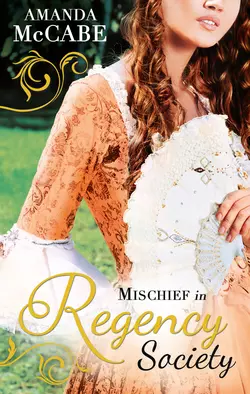Mischief in Regency Society: To Catch a Rogue

Amanda McCabe
Тип: электронная книга
Жанр: Современная зарубежная литература
Язык: на английском языке
Стоимость: 774.26 ₽
Статус: В продаже
Издательство: HarperCollins
Дата публикации: 16.04.2024
Отзывы: Пока нет Добавить отзыв
О книге: To Catch a Rogue When antiquities begin to go missing from London drawing rooms Miss Calliope Chase doesn’t have to look much further than Cameron de Vere, Earl of Westwood, for a suspect.What she doesn′t realise is that her determined pursuit of a criminal looks like a budding romance. Until Cameron kisses her, and her ordered life is thrown into appalling confusion! To Deceive a Duke Clio Chase is hoping for a quiet season in Sicily with her family to forget about enigmatic Duke of Averton and the strange effect he has on her. That is until he unexpectedly arrives, shattering her peace and warning her of trouble… and Clio knows there is only so long she can resist her mysterious duke!